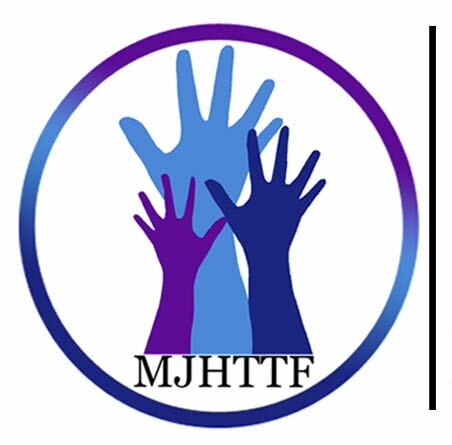
Victim Services Committee
The goal of this committee is to ensure that high quality, appropriate services are available to victims of trafficking, regardless of gender, race, age and demographics.
Youth Services Committee
The goal of this committee is to ensure that youth are referred to the appropriate service systems to reduce significant vulnerabilities that makes them targets of trafficking.


Public Awareness and Outreach Committee
The goal of this committee is to takes the lead in coming up with language/messaging and media information to be used when coordinating public interfacing activities for the task force. The committee integrates the look and feel of the message into all advertising, print materials, event promotions, and Web presence.
Strategic Planning and Task Force Protocol Committee
The goal of this committee is to make recommendations for standard operating procedures and protocols for the task force. This committee should involve members across all sectors who have historical knowledge of their respective agency policies and procedures. This will help ensure that whatever procedures are developed will align and intersect with each member’s existing protocols. This committee is accountable to the task force. It should work with all members to develop procedures and processes that ensure orderly functioning across key tasks. Some examples of protocols to be developed are as follows: procedures for conducting investigations, emergency response and safety plans, victim identification, victim intake and care planning, and engaging in outreach and education.
Additionally, this committee may be charged with regular strategic planning. This may include setting annual goals for the task force, reviewing data from task force members to analyze differences in the work of various members, or conducting periodic needs assessments.


Law Enforcement/ Systems Committee
The goal of this committee is to properly staff cases. The law enforcement committee is often composed of “law enforcement only” agencies that meet regularly (usually once a month) to develop data-informed human trafficking risk assessments, share intelligence, identify potential targets, and strategize ongoing or future investigations and prosecutions. This committee is often lead by a prosecutor. In each meeting, the prosecutor runs through a list or case log of matters at various stages in the legal process in order to de-conflict and coordinate investigations, and follow up on cases already pending in court or the grand jury.
